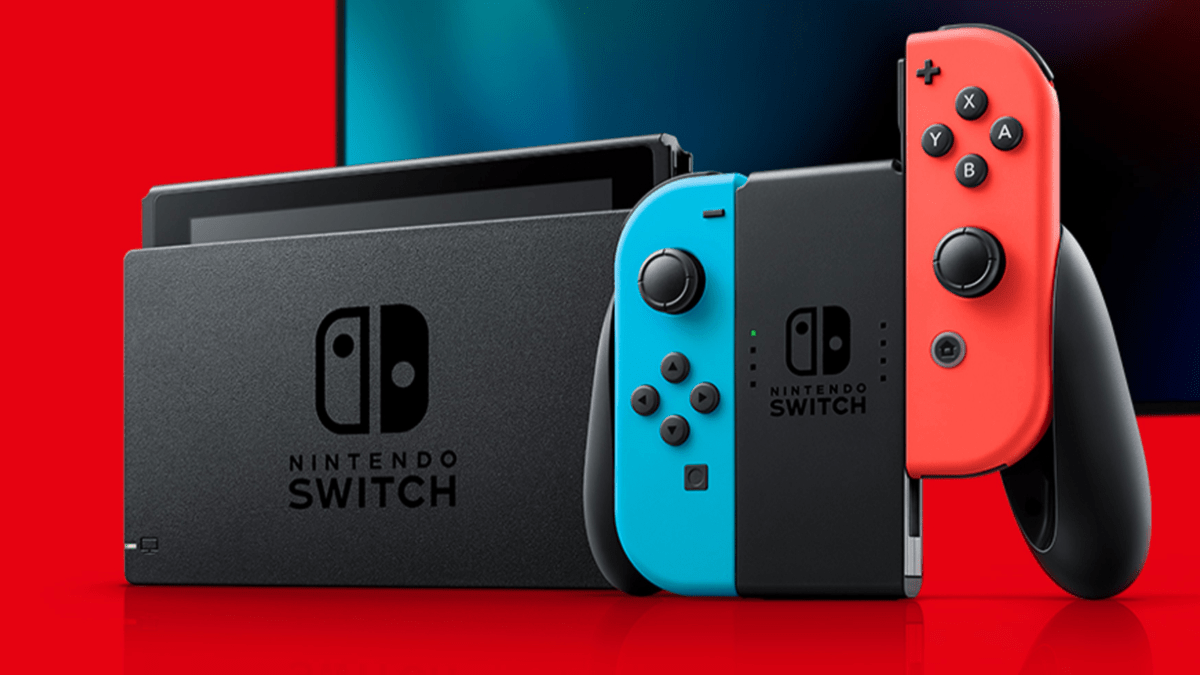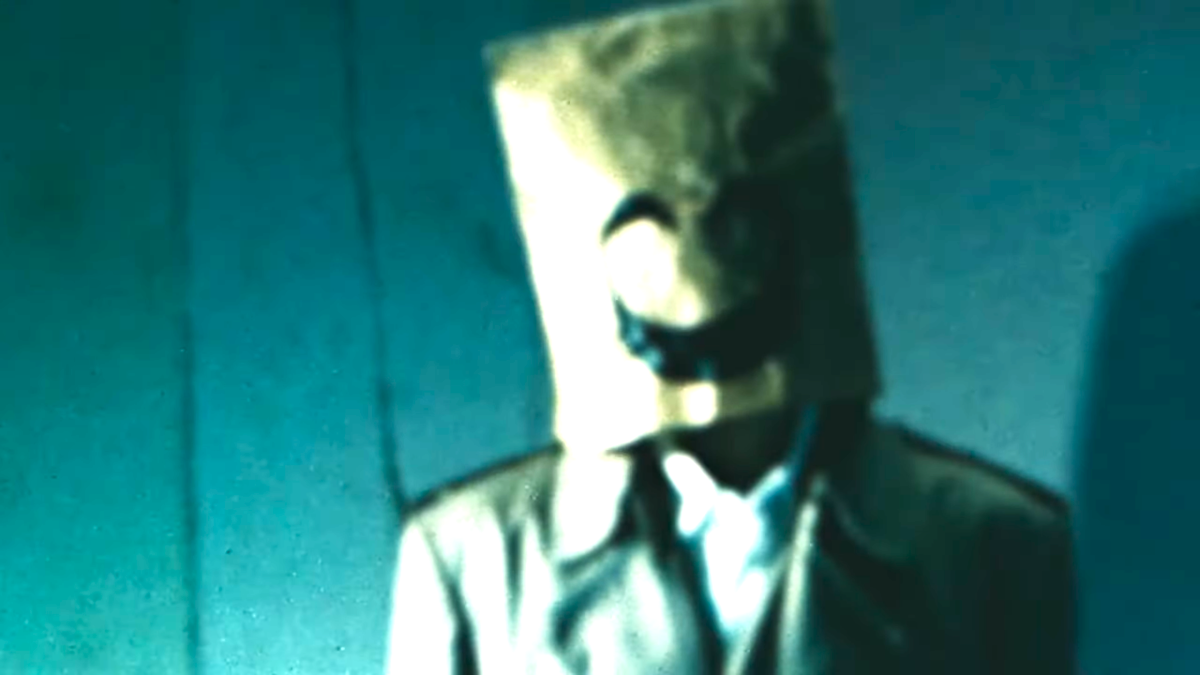A thick fog rolls over the English countryside. The first light of a new day begins to crest the horizon, burning through the mist that covers the river Trent. The air is so thick that it masks the sounds of oars carefully churning over the murky surface. On the bank of the river sits a monastery, full of gold and supplies, and praying men too weak to fight. The longship aims its bow toward the shore, the dulcet sounds of a lute all but forgotten.
This is a raid, and the Vikings aboard the vessel begin to shout and scream with bloodlust as they jump into the water, axes, and shields in hand, charging toward the huge stone structures glowing dark in the brightening fog. A fierce battle is joined as the king’s soldiers try desperately to hold back the imposing horde. But they can’t. The battle is over before it even began. This is Assassin’s Creed Valhalla, and living the life of a Viking has never been this much fun.
Ubisoft returns with its historical simulation/stealth series after taking a long and much needed year off. Ninth century England is the setting, and the ages-long battle between the Hidden Ones (Assassins) and the Order of the Ancients (Templars) is once again coming to a head. Assassin’s Creed Valhalla recreates the true Viking experience, drawing upon history, religion, and good old fashioned stealth gameplay to create an amazing game that will usher in the next generation of consoles.
Assassin’s Creed Valhalla builds upon the gameplay structures from the last two entries, Assassin’s Creed Origins and Odyssey, keeping the RPG elements, but also bringing back the stealth aspects that have made this franchise one of the best in the last 10 years. In many ways, it strikes the near-perfect balance of each element to make this one of the best Assassin’s Creed games ever.
This return of classic Creed gameplay means that certain recent features had to be left aside, like the staggering number of weapons and gear (along with the rarity scale) that could be collected and managed in your previous adventures. And the series is much better off for it. Players can now spend time exploring the world without stopping to manage their ever-growing inventory and supplies. And this is only scratching the surface of what Valhalla brings to the table.
Assassin’s Creed Valhalla follows the story of Eivor, a Viking warrior haunted by a tragic past and consumed with the fires of vengeance. The character can be played as either a male or a female, and the reason for this is eventually addressed. You can switch between the two, or play a version that switches for you as the story allows. This is the choice I made, so I was able to experience Eivor’s complete history. The game begins in Norway as it takes the player through a six-hour-long “tutorial” of the new processes before the story really kicks off with the shift to England.

Eivor and their brother, Sigurd, leave a familiar world behind and take their clan to a new world. This includes creating a new settlement from scratch, which sits at the heart of Assassin’s Creed Valhalla. The series has dabbled in this type of gameplay in the past, but never to the levels in Valhalla. You are given total control in how your clan grows — building certain structures give you bonuses to combat, or even open up different gameplay options.
My first two structures, after the blacksmith, was the Hidden Ones Bureau, which begins the Assassin story quest, and the Brewery, because, well, you’re a Viking after all. Ale and mead are dietary staples. The brewery, and other culinary-centric structures, also give you a “feast” bonus that gives the clan more health during raids if you dine in the longhouse before a battle. Other structures include a fishing hut which opens a fishing minigame, and a barracks, which allows you to create a Jomsviking, an avatar that other players can recruit in their games to use in their clans.
The player has full autonomy on how their settlement is built, as long as you have the raw materials to construct the new buildings. This is where raiding comes in, and marks a major part of the non-story gameplay. Monasteries are the main source for building supplies, so to grow your footprint in England, you have to conduct violent raids. I’ve neglected moving the main story/saga forward because I’ve been inundated with raids to build my home base. It’s addictive to watch my settlement grow and thrive, marrying two game genres I love: stealth and sim building. As your settlement grows, so does your renown, which leads to stronger alliances and more quest opportunities.
Eivor grows as a character throughout the story by earning XP, which awards skill points, which can be used to buy new abilities from a massive skill tree that is modeled after constellations in the sky, with each conjunction unlocking a new bonus. The skill tree resembles the skill set in Bethesda’s Skyrim, and that comparison is intended as a high compliment. Unlocking new skills adds to the player’s overall power rating, which dictates your strength against your enemies as you move into new regions.

There are three main branches of the skill tree, and players are encouraged to try out new builds and experiment. There is no penalty to respec, so you can unlock melee skills before a raid, and then shift them all to the stealth for assassin missions, or max out “range” for a siege on a fort. In the center of each “constellation” is a permanent skill, which will seem very familiar to fans of the franchise. These skills include stomp finishers, dual assassinations, and the ability to manually guide an arrow.
Assassin’s Creed Valhalla is a huge game, even if the world map feels small and intimate at first glance, at least compared to the last two entries. Ubisoft stocked the gameplay with activities to distract you from the main saga threads — similar to previous games, you can hunt legendary animals, defeat powerful Zealots (versions of the Hunters from previous games) that roam the countryside, seek out ancient Roman secrets, collect new tattoos, and even eat magic hallucinogenic mushrooms that open up a trippy minigame. Side quests have been replaced with “World Events,” which are short, very self-contained nuggets of story that Eivor participates in throughout the game.
One World Event had me confront a man who had an axe embedded in his head from a recent battle, and I had to be the one to tell him. Upon his request, I ultimately sent him to Valhalla by removing it, in a scene that was admittedly a little heartbreaking. Another event had me participate in a couple’s “marital woes,” by staging a raid on their house so they could, um, get it on. I ended up setting the place on fire — per their request — and the end result saved their marriage… for now.
These are fun distractions from the main story of Eivor’s ascension in the annals of Assassin lore, and the Raven Clan’s alliances with other clans to take on the English kings and write out their own saga. And, of course, this is an Assassin’s Creed game, so seeking out, uncovering, and killing high-ranking members of the Order is an important aspect of the experience.

It feels great to once again play as an assassin. With all due respect to Bayek and Alexios/Kassandra, neither were, or rather, played like “assassins.” Eivor is trained by a member of the Hidden Ones (the group that will one day be called the Brotherhood of Assassins) throughout the course of the story, and they are even given a hidden wrist blade. But, in true Viking fashion, they wear it on the outside of their wrists, as Vikings don’t “hide” their weapons — they celebrate them.
This is but one of many nods to the Norse heritage at play in Assassin’s Creed Valhalla. They are a crude people with brusque tongues and a love of fierce battles — and this game nails it perfectly. One of my favorite scenes happens early on when the Raven Clan finally makes it to England, and as the longship floats down a river, the characters are seeing Christianity in practice. They openly question and even make fun of the differences. It’s such a Viking thing to do, and it really adds to the experience of taking on the role of these “heathens.”
There are plenty of historic Viking signatures all over this game, and finding and experiencing them for yourself is part of the fun. One thing to look forward to is Thor’s Hammer, which can be used as a weapon, but to carry it, you must first find and equip each part of his armor. This quest is extensive, sure, but the payoff is worth it. After all, completing this questline makes you a god. And this is only a hint at how the Norse mythology is woven into the fabric of this game. To say more would spoil the fun.
Assassin’s Creed Valhalla is both the last game in the franchise to release on the current console generation, while also being the first on the next generation. I played this on a PlayStation 4 Pro and will upgrade for free later this week when the PlayStation 5 officially releases. On the PS4 Pro, the game still looks absolutely stunning in almost every way. Lighting effects and graphics recreate 9th century Norway and England and bring it to life like never before. Flora and fauna are incredibly realistic, and I’ve found great joy in simply running through the forests and plains, exploring ruins, sailing the rivers in my longship, and just taking in the world around me.

The music and voice acting are both some of the best in the franchise. I absolutely love the actor playing Sigurd, and the accents from both principal characters and the NPCs hold up, for the most part. The music is sweeping and appropriately epic, and really helps the player settle into this game world. During the chaos of a raid or a siege, the music ramps up to add to the craziness on-screen. I can’t recall a musical score leaving this much of an impression on me in an Assassin’s Creed game. It’s just another feather in the cap of Valhalla.
Unfortunately, Assassin’s Creed Valhalla has a few bugs, many that instantly recall the glitches in Assassin’s Creed Unity. I’ve been playing an early review copy, and although there is a launch day update that will fix some of the issues, as it stands right now, textures come and go, the controls can get finicky, sounds and dialogue drop in and out, animals that shouldn’t be airborne can fly, and quest icons can disappear off the map, forcing the player to log out to reset the game to move the story forward.
I’ve seen some very strange things, like my feet kicking up snow, even as I was running through ankle-deep water in a stream, and one adult character was very misshapen, with a child’s body and her adult head, which was equal parts funny and frightening. These are in no way game-breaking bugs, but they do get annoying after over 50 hours of playing.
Assassin’s Creed Valhalla is such an epic gaming experience and not even a handful of bugs can derail what is an amazing entry in the long-running franchise. Ubisoft has nailed the Viking experience in a way not seen since they recreated the pirate life in Black Flag. Vikings, at their core, were historically looking to carve out their own slice of the pie, one without compromise and usually at the end of an axe. Assassin’s Creed Valhalla presents that in a realistic way, and gives the player a solid and accurate look at a time in history known as the Dark Ages. And it makes it fun every step of the way.
This review is based on the PlayStation 4 version of the game. A copy was provided by Ubisoft.














Published: Nov 11, 2020 04:34 pm